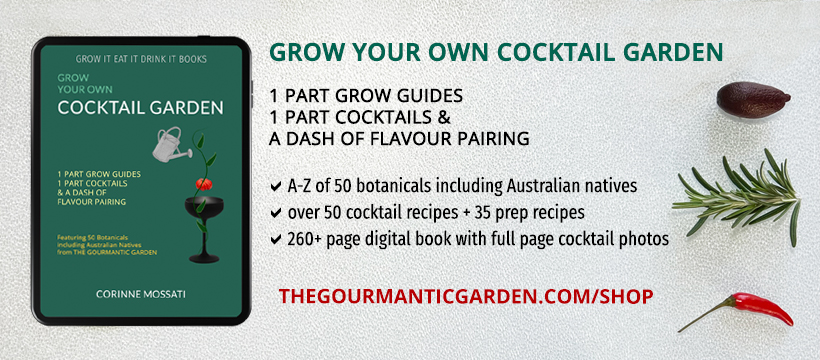The limited edition Gin 1495 was unveiled by Philip Duff in Sydney at Juniper House in Paddington in conjunction with World Gin Day.

Gin 1495 – Photo © Cocktails & Bars
It’s not every day you get to taste a rare gin based on an original recipe written over 500 years ago. The recipe was discovered by visiting spirits educator Philip Duff who took guests on a historical journey which led to the development of Gin 1495, a project that took over two years in the making.
Story of Gin 1495
Duff found the recipe in an out-of-print book on Jenever, written in Dutch that tells of the use of grapes for gin, details the distillation method and includes the recipe. Although at the time gin was primarily used for medicinal purposes, the book specifically references the spirit for recreational use and is believed to be the oldest recreational recipe for gin.
Gin 1495 is the product of a collaboration of spirit and cocktails experts and historians, namely Philip Duff and David Wondrich along with Dave Broom, Gaz Regan and Jean-Sébastien Robicquet, founder of EWG Spirits & Wine which produce G’Vine Gin.
Quoting and translating the recipe, Duff explained,
“Take a pot (20 litres) of wine or mother of wine,” (this was believed to be wine lees or mas which is used to make grappa so they added Marc de Cognac). “Thin it with clean water or beer, stir until it has the consistency of buttermilk, start to cook and stir until it begins to simmer. Put the pot on. Distil it twice, mix it warm with the botanicals.”
The recipe specifies 12 nutmegs, 4 pounds each of ginger, galangal, seeds of paradise, cloves, cinnamon and cardamom and the distillate has to be only from wine. “If you want it really good, distil it again with four pounds of crushed nutmeg, 2 handfuls of sage, a pound of cloves and a handful of juniper”. A ratio of nine parts wine distillate to one part botanicals is to be used.
What makes this gin rather unique is that at the time, there was no spice trade in Europe, no citrus or pepper, and the only sweetness was derived from honey and liquorice root. Juniper was also considered exotic so the gin would have been very expensive to produce.
Two expressions of Gin 1495 were released by EWG Wine and Spirits. As the name implies, Verbatim is a recreation that is as close to the original recipe as possible. The Interpretatio is a modern interpretation based on the original recipe with the inclusion of citrus aurantium or bitter orange and a tweaking of four of the botanicals.
Gin 1495 Verbatim
On the nose, Gin 1495 Verbatim (45.0% ABV) abounds in dry spices, with strong aromas of nutmeg at first, followed by cinnamon and lots of clove.
Spice notes explode on the palate, bold and dry with a load of cloves, cardamom and nutmeg followed by woody and earthy notes. The juniper is very subdued and is somewhat lost among the Christmasy notes of the gin. The depth of flavour is to be applauded and the finish is remarkably long and lingering, earthy, warming and dry. This is a gin that keeps on giving.
Verbatim is unlike any other gin or spirit. The combination of spice notes give it an almost digestif quality. For its ABV, it is very easy to sip and savour neat.
Gin 1495 Interpretatio
Gin 1495 Interpretatio (45.0% ABV) contains more juniper with the bitter orange botanical added. On the nose, it is more juniper and citrus pronounced and echoes modern day gins. The palate starts with a combination of juniper and citrus and progresses into the medley of spice with mainly cloves, ginger and cardamom along with a funkiness from the Marc de Cognac. The finish is long and complex but not as lingering as Verbatim.
Interpretatio is close to the more recent styles of gin, not as earthy in character and more refined on the palate than Verbatim.
A Gift Back to the Category
Gin 1495 comes as a set of Verbatim and Interpretatio in 200 ml beautifully packaged in an old book style presentation box containing the rare gins. Only 100 sets were produced but they won’t be on sale. Many are being donated to spirits museums and gin distilleries around the world. The rest will be auctioned with all the proceeds going to charity. One set will be auctioned in Australia over the next month.
“It’s our gift back to the category and to donate a little bit of our time and expertise to charity,” Duff explained.
This article was originally published on June 16, 2016 on our sister website Gourmantic.

